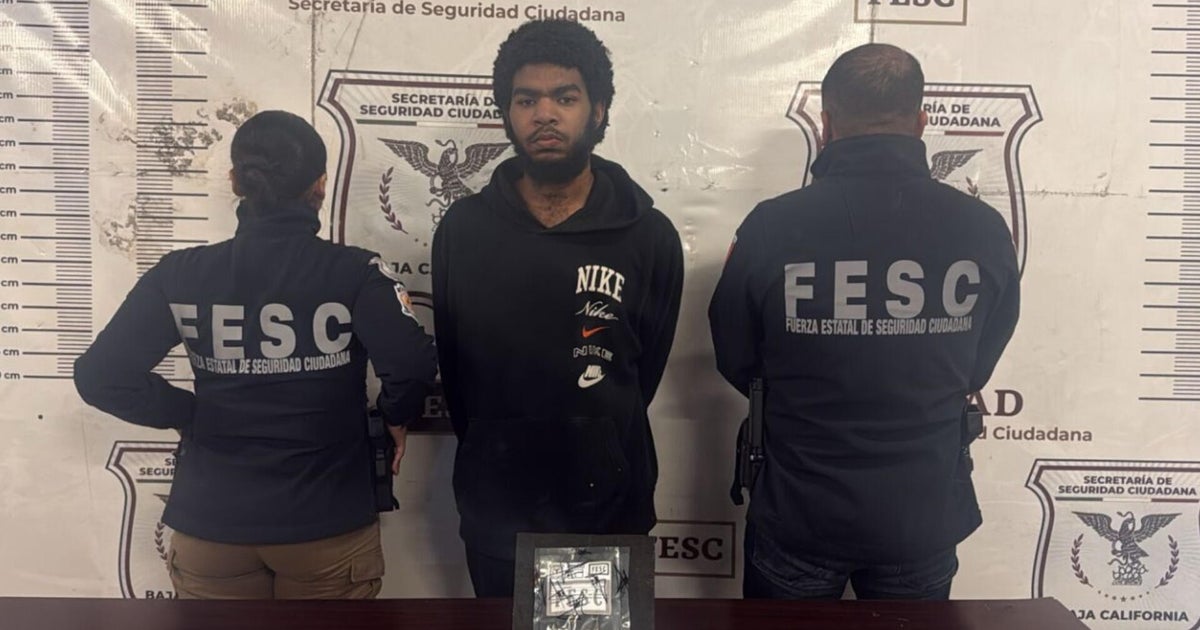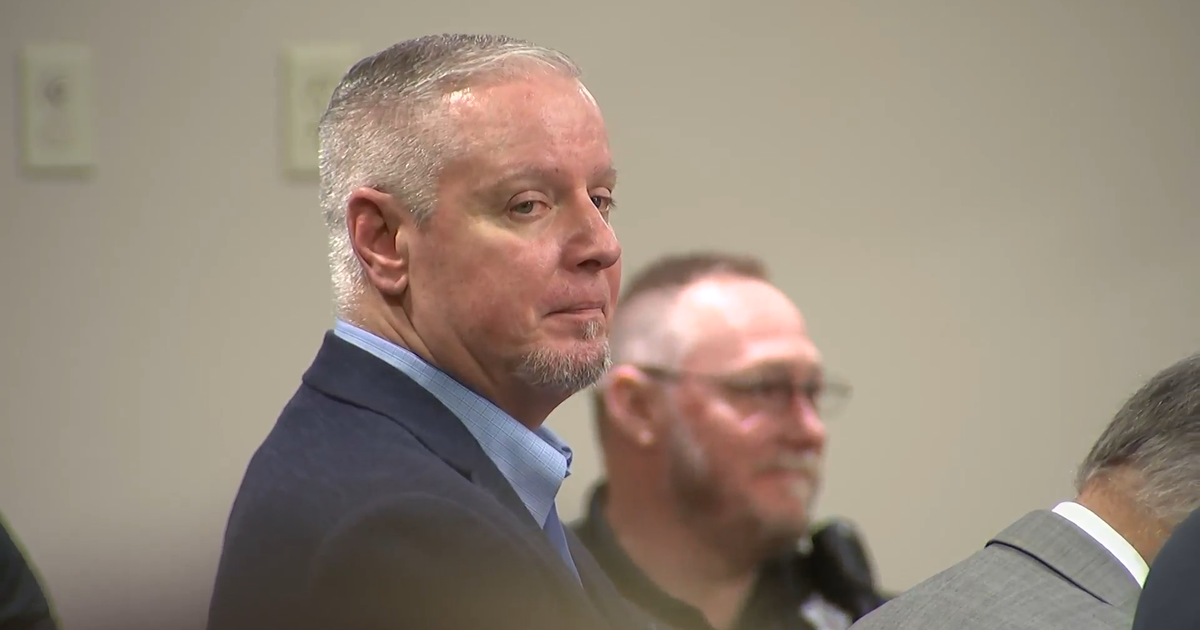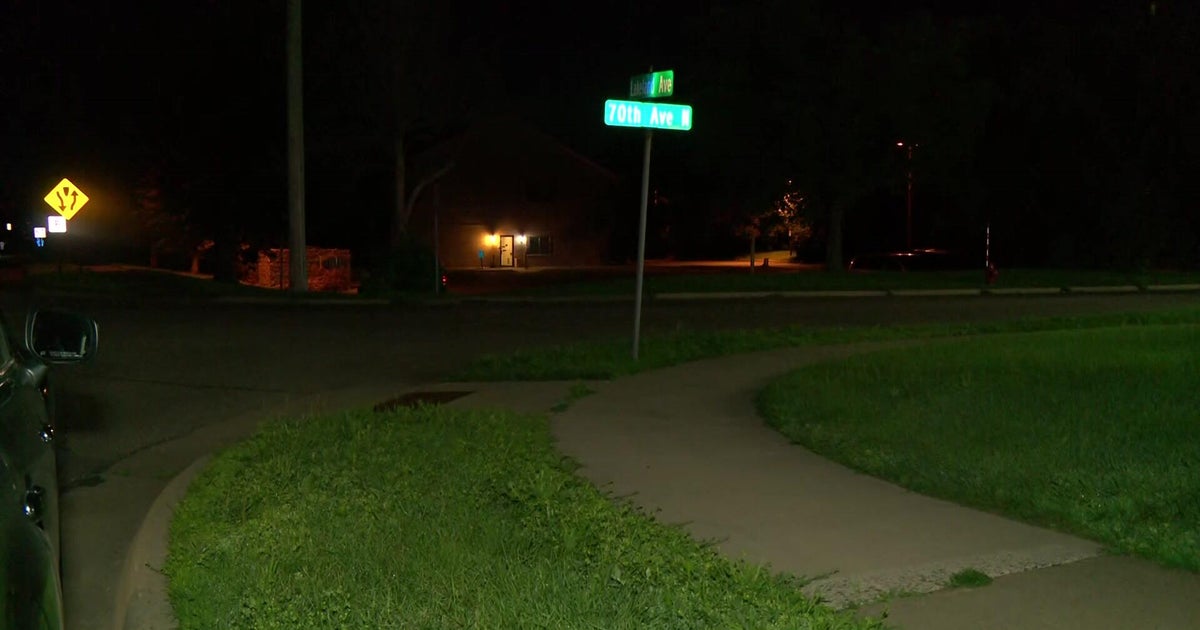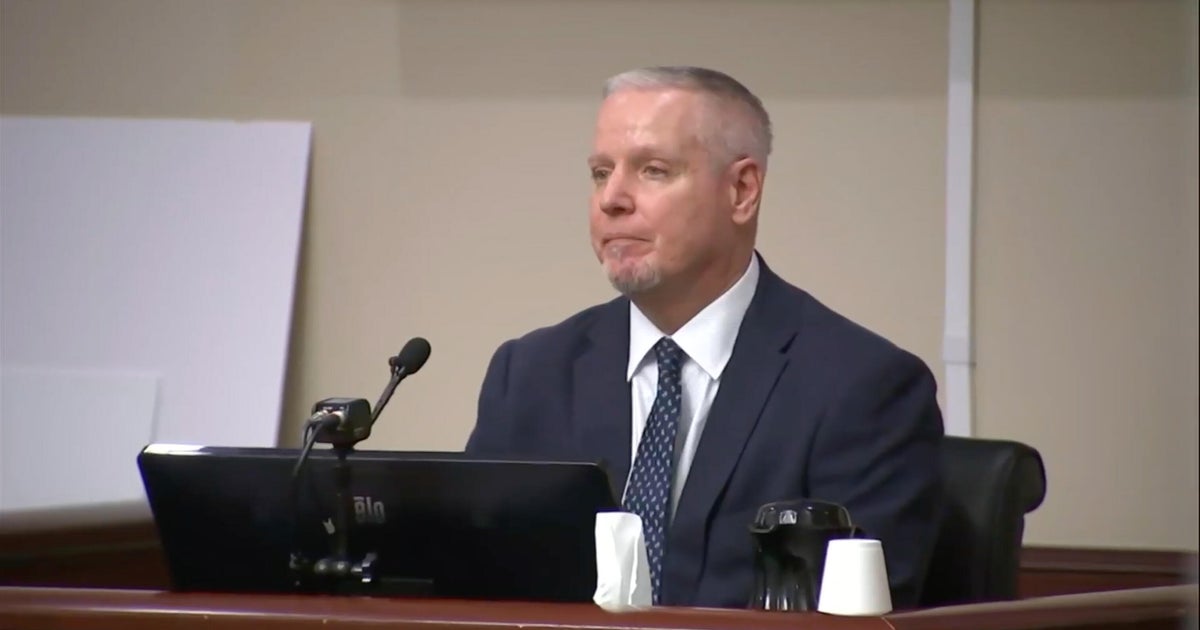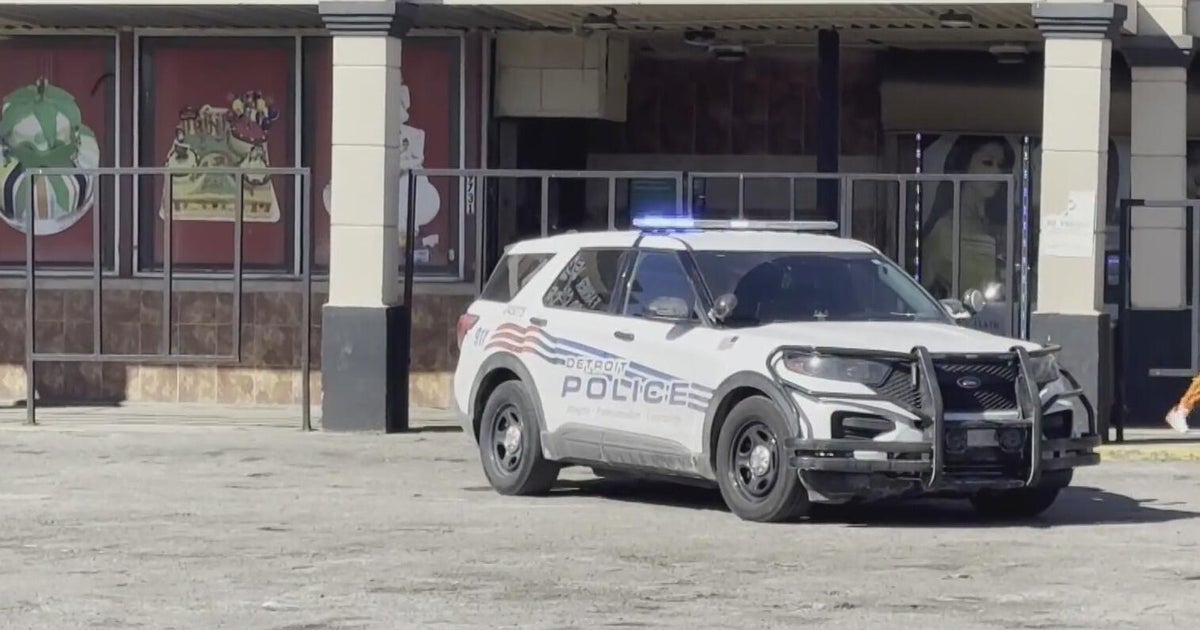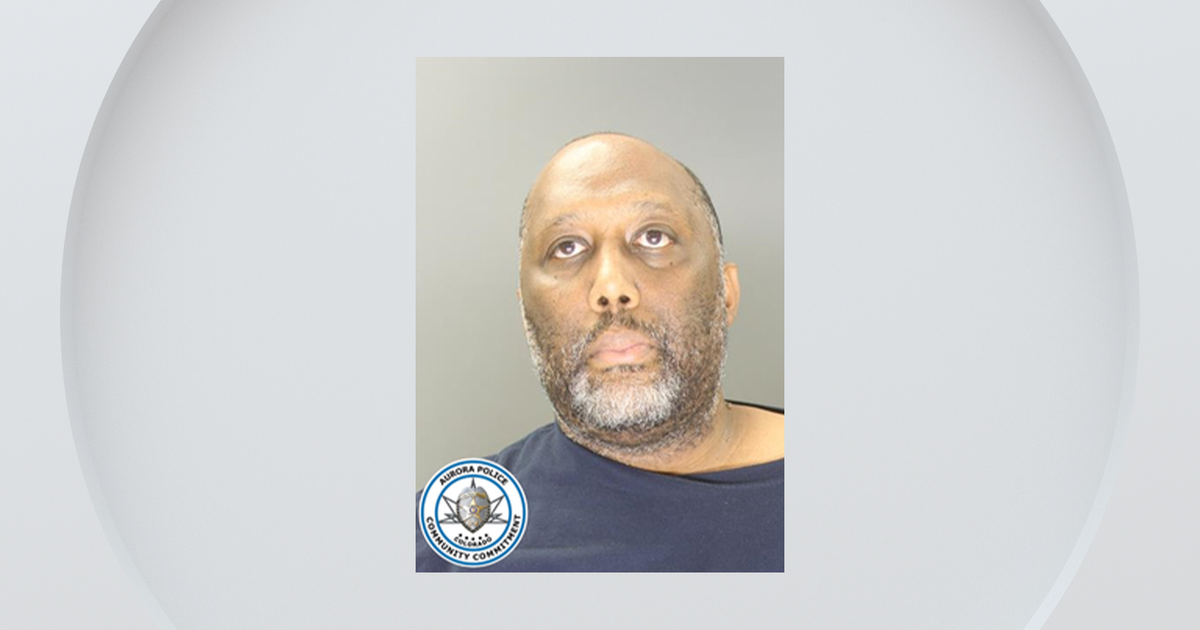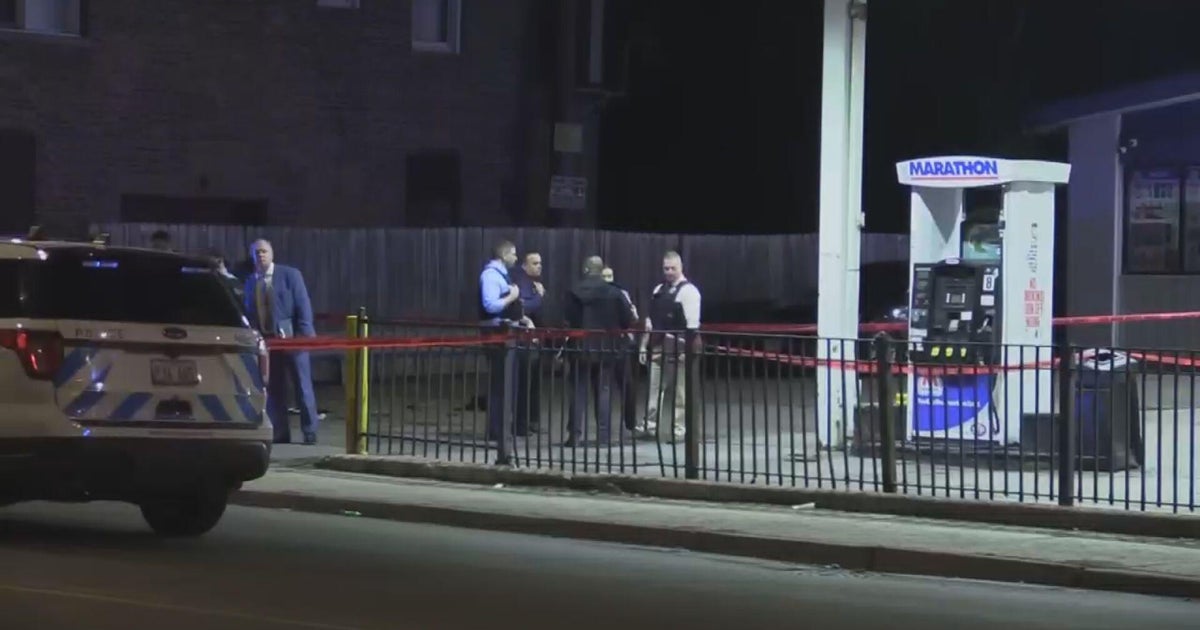New Judge Named To George Zimmerman Case
ORLANDO (CBSMiami/AP) – One day after an appeals court ruled that Circuit Judge Kenneth Lester should step down from the George Zimmeran case, a new judge has been named to take over the proceedings.
Following the ruling by the Fifth District Court of Appeal, Lester executed an order which disqualified himself from further proceedings in the State of Florida v. George Zimmerman.
Zimmerman is charged with second murder in the shooting death of 17-year old Trayvon Martin last February in Sanford. He has pleaded not guilty and claims he shot the teen in self-defense.
Chief Judge Alan Dickey then reassigned the case to the next judge in the normal rotation of the criminal division, Criminal Administrative Judge Debra Nelson.
Nelson, according to her biography on Florida Courts website, started her legal career in Broward County where she worked as felony prosecutor for the State Attorney's Office. From there she went to Tallahassee where she represented the Department of Agriculture and Consumer Services in legal matters. From there she went to Orlando and worked as a litigator for two firms.
In 1999, she was appointed as a Circuit Judge for the 18th Judicial Circuit by Gov. Jeb Bush.
Nelson was tapped after Zimmerman's attorney Mark O'Mara asked the court earlier this month to overturn a previous ruling by Lester not to leave the case.
O'Mara had argued that Lester should disqualify himself after he said the judge made disparaging remarks about Zimmerman's character and advocated for additional charges against him in setting his $1 million bond in July.
Appeals judges C. Alan Lawson and Jay P. Cohen wrote the concurring opinion granting the defense's petition. Judge Kerry Evander dissented.
The concurring opinion said that Florida Rule of Administration requires a trial judge to grant a motion to disqualify "without determining the accuracy of the allegations in the motion, so long as the motion is 'legally sufficient.'"
"Although many of the allegations in Zimmerman's motion, standing alone, do not meet the legal sufficiency test, and while this is admittedly a close call, upon careful review we find that the allegations, taken together, meet the threshold test," the opinion said.
In his dissent, Evander wrote that "although the trial court's order clearly manifested an exceedingly strong belief by the trial judge that Zimmerman had 'flouted and 'tried to manipulate' the system, I do not believe the order 'crossed the line' so as to require the granting of his motion."
During the July 5 bond hearing that the defense cited as a basis for why Lester should step down, the judge said Zimmerman and his wife "flaunted the system" by failing to disclose how much money he'd raised through donations before his initial bond hearing, in which his bail was set at $150,000.
Lester also said that it appeared Zimmerman was preparing to flee to avoid prosecution for the second-degree murder. For that reason, he increased Zimmerman's bond to $1 million.
Zimmerman posted bail a few days later and was released. He has remained in an undisclosed location since then.
The state attorney opposes having the judge step down and wrote in a response to the defense's request that "the judge was simply giving (Zimmerman) a well-deserved tongue lashing for allowing others to mislead the court about his passport and financial situation."
The original judge in the case, Jessica Recksiedler, stepped down shortly before Zimmerman's first bond hearing in April. Recksiedler's husband works with Orlando attorney Mark NeJame, who was first approached by Zimmerman's family to represent him.
(TM and © Copyright 2012 CBS Radio Inc. and its relevant subsidiaries. CBS RADIO and EYE Logo TM and Copyright 2012 CBS Broadcasting Inc. Used under license. All Rights Reserved. This material may not be published, broadcast, rewritten, or redistributed. The Associated Press contributed to this report.)
